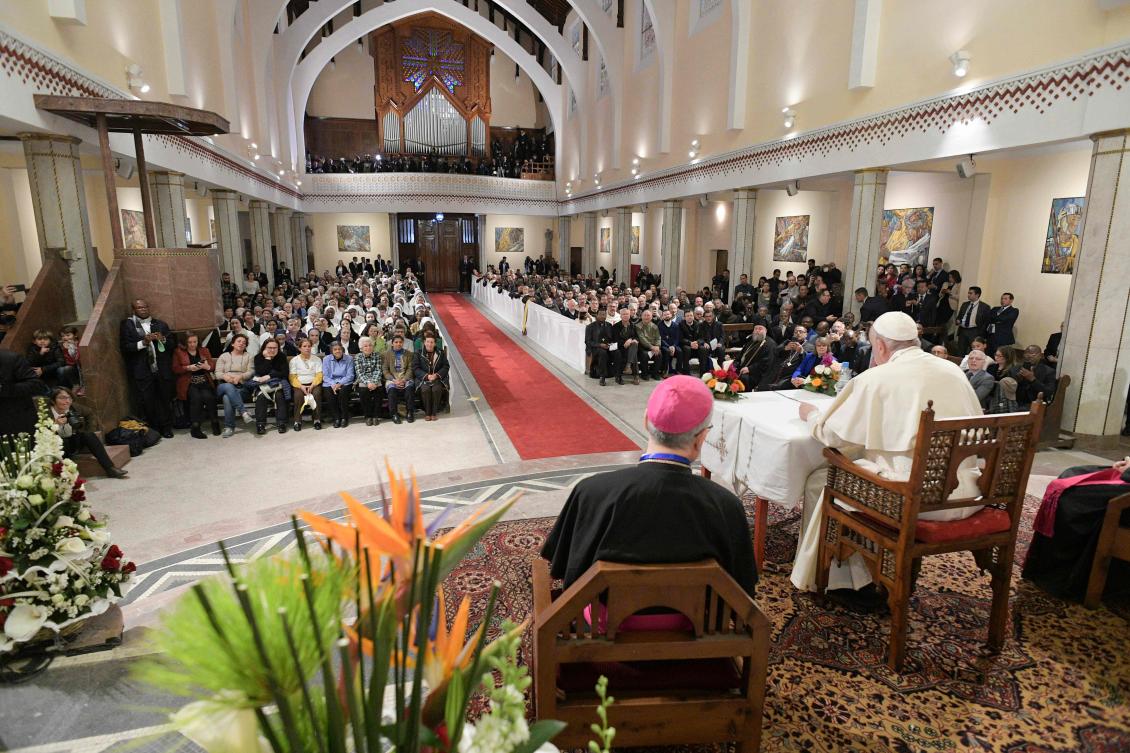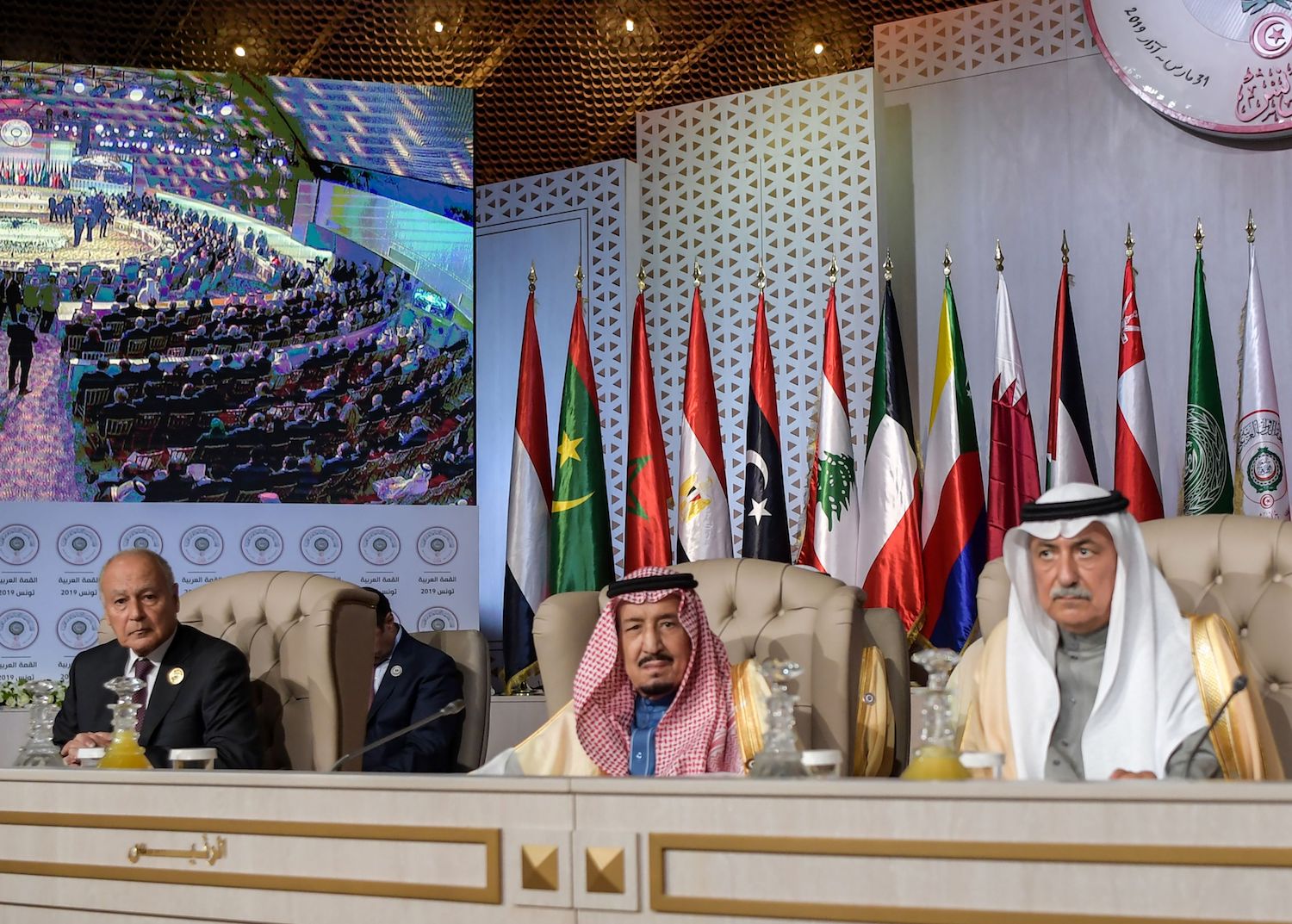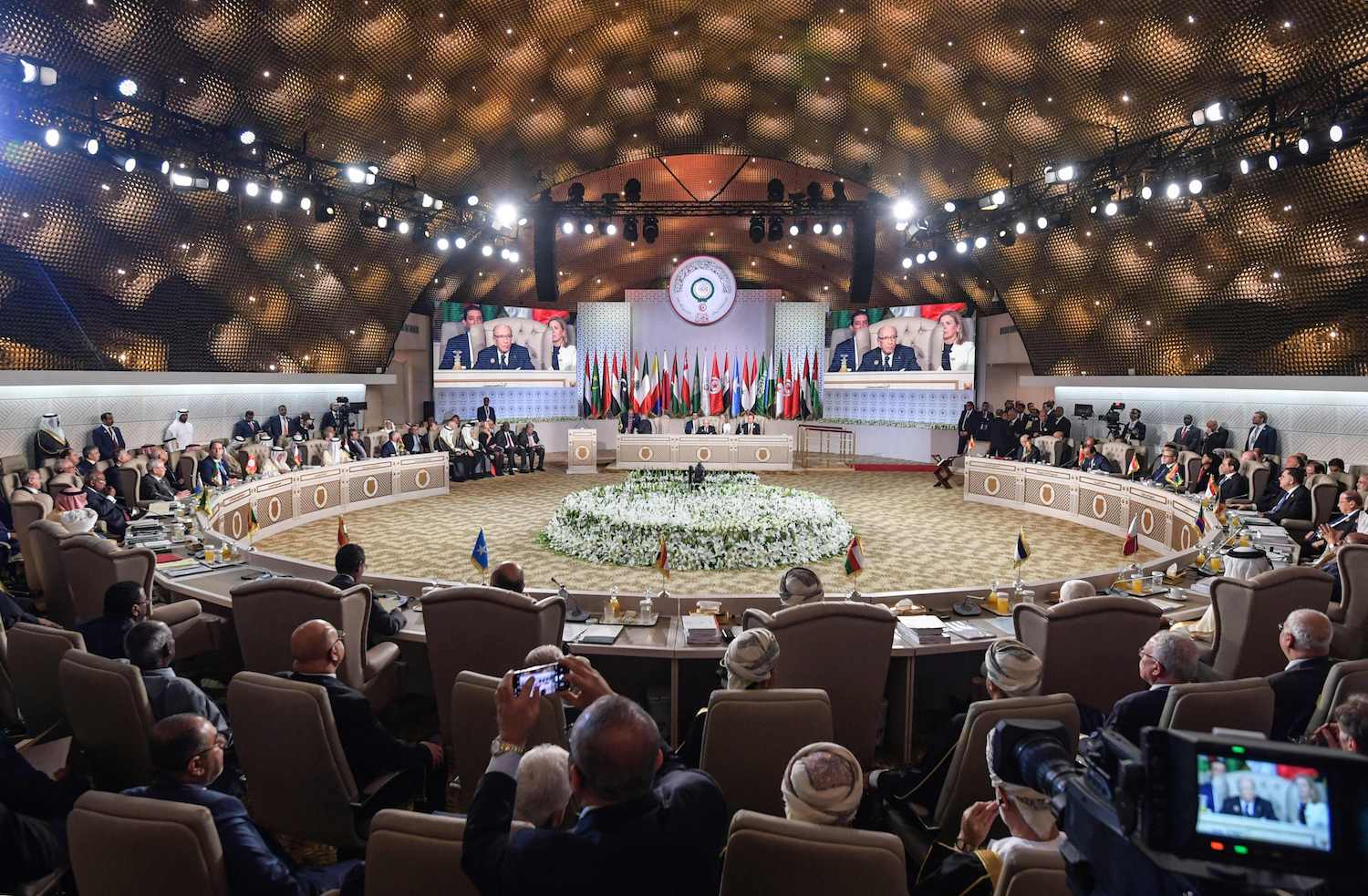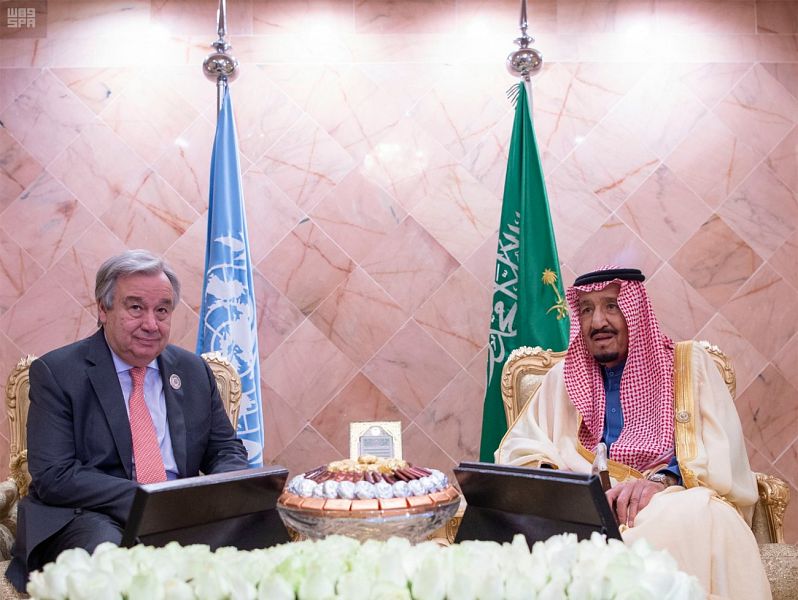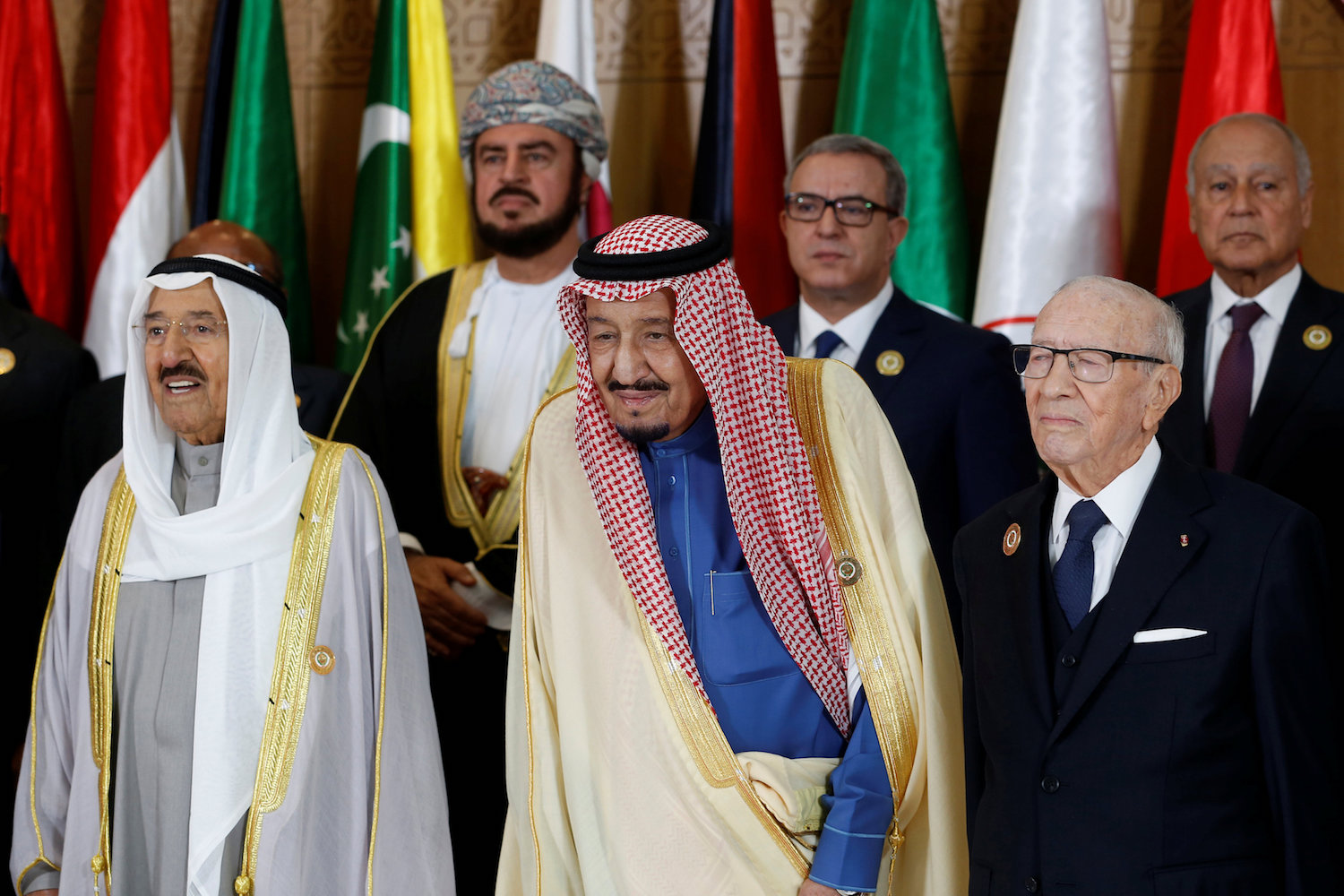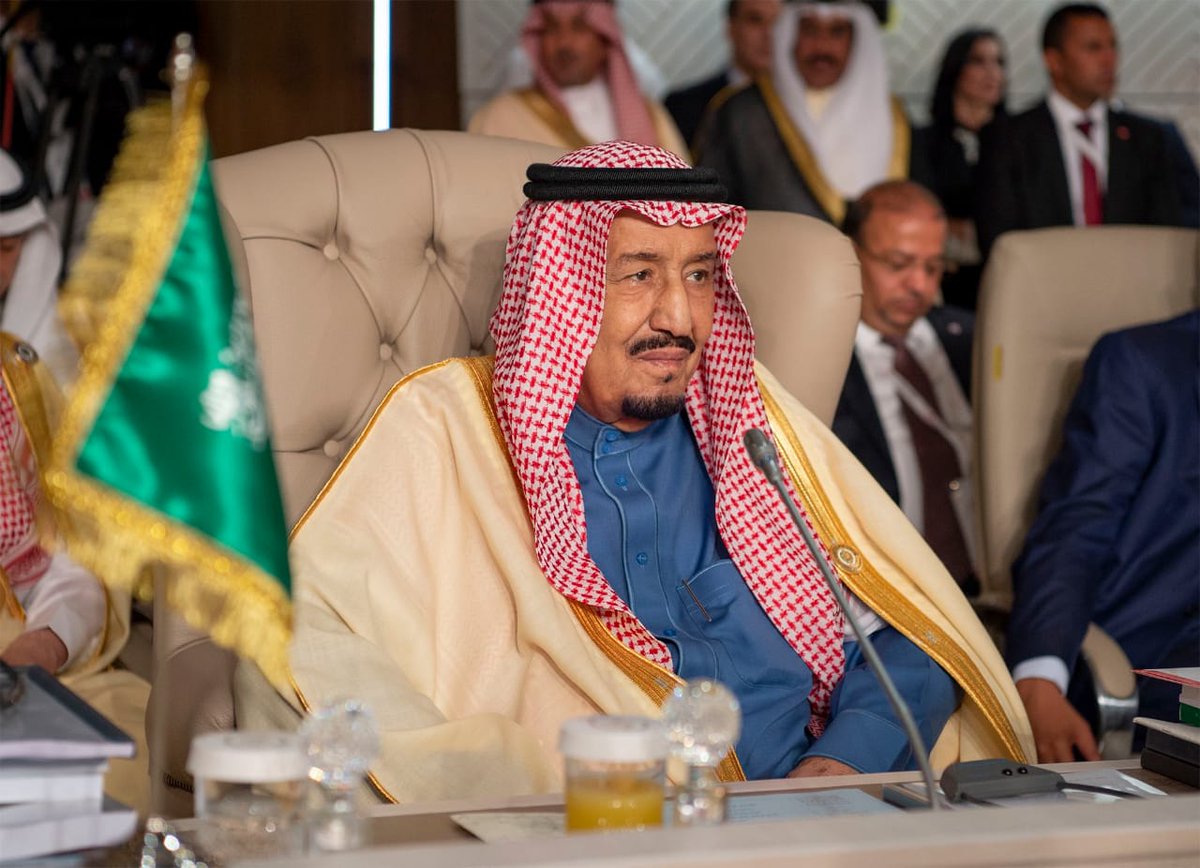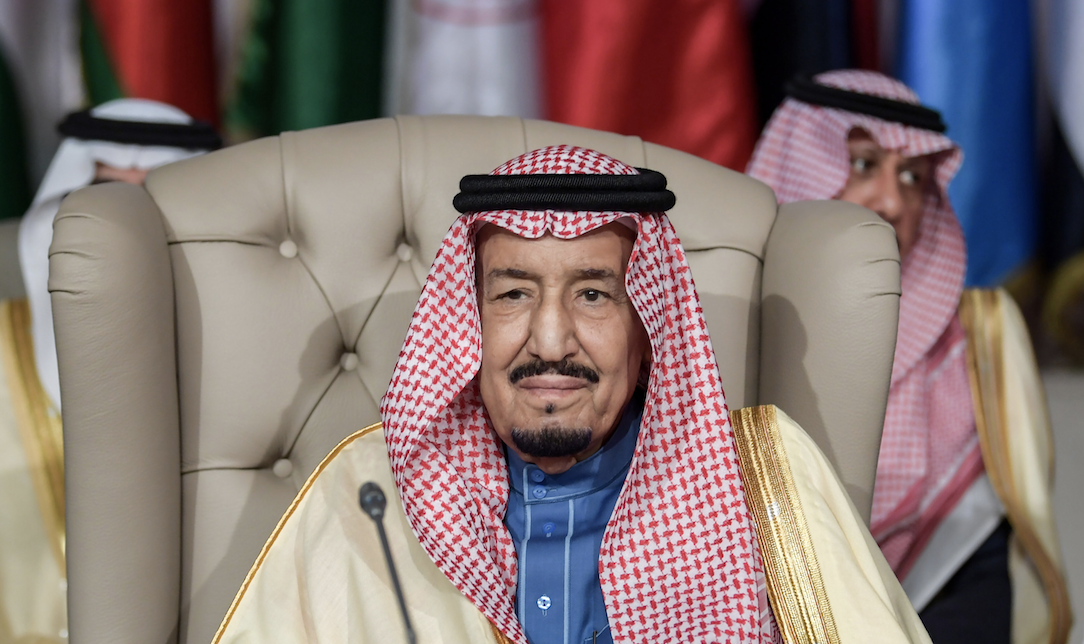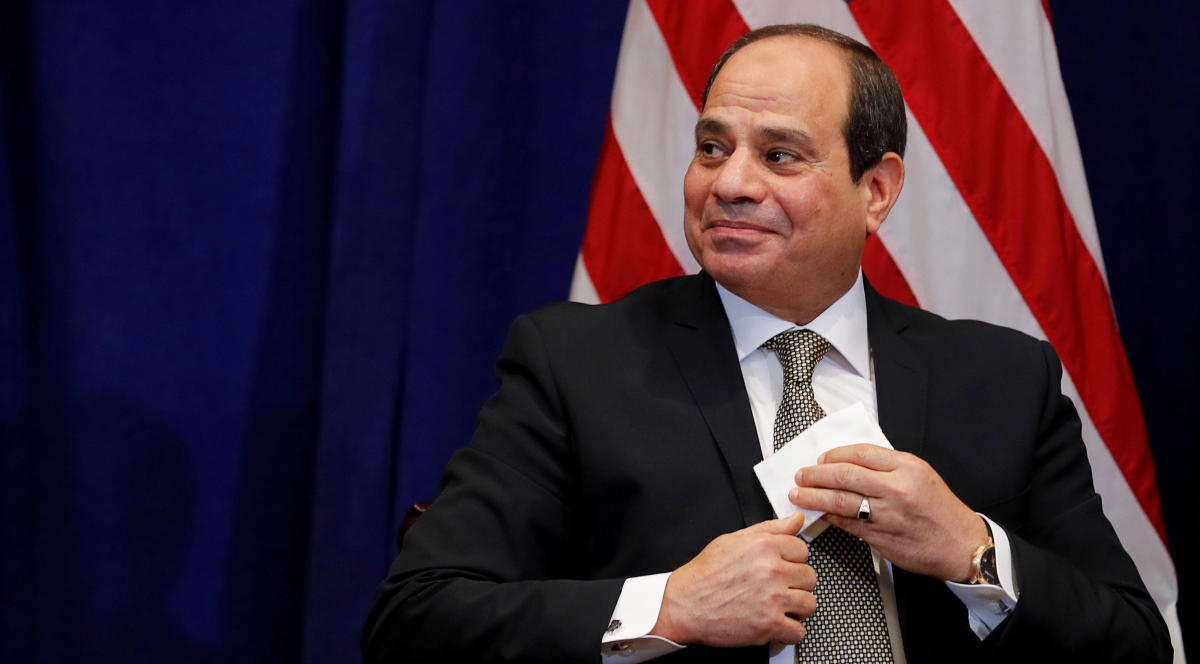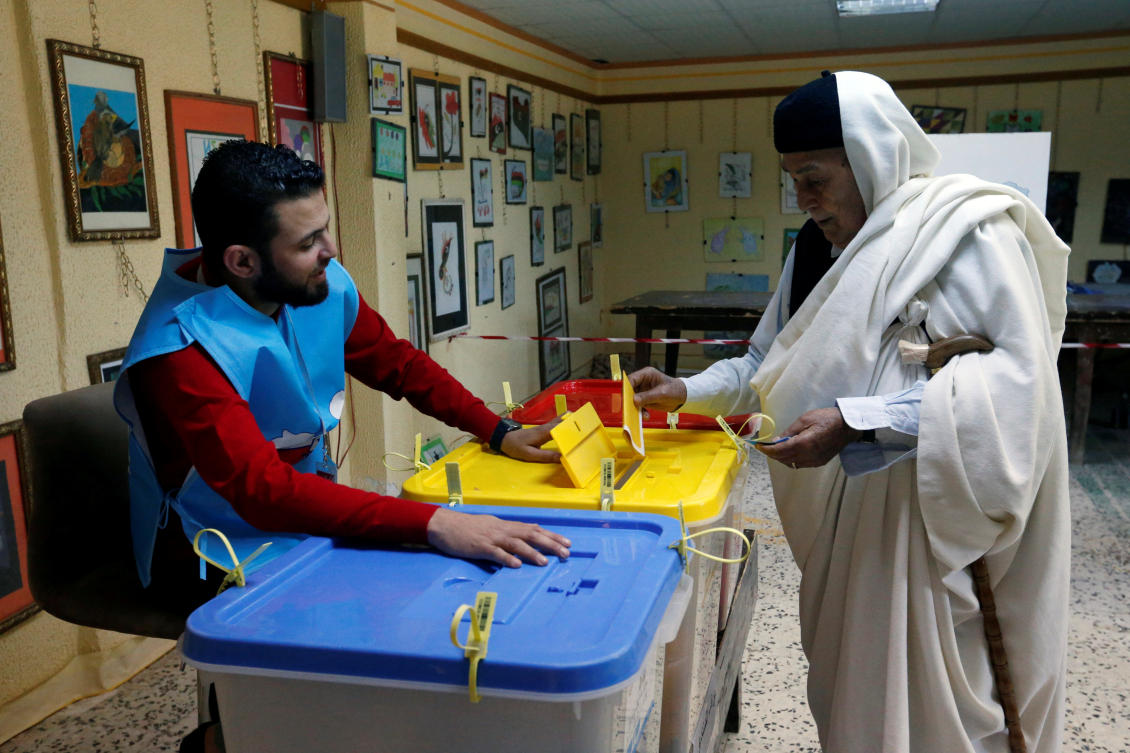African Union to host Libya ‘reconciliation’ conference
TUNIS: The African Union will host a “reconciliation” conference in July aimed at uniting Libya’s political rivals, AU commission chief Moussa Faki said late Saturday.
“It’s an opportunity for the Libyans,” Faki said during a press conference in Tunis, on the sidelines of an Arab League summit in the Tunisian capital.
Announcement of the July talks in Addis Ababa followed a meeting on Libya which included Faki, UN chief Antonio Guterres and the EU’s top diplomat Federica Mogherini.
“It’s high time that the (political) actors discuss the fate of their country,” Faki said.
Libya has been mired in chaos since the 2011 ouster of dictator Muammar Qaddafi and a series of international efforts have so far failed to unite the country.
The United Nations is due to hold another conference next month in the central Libyan city of Ghadames, which is aimed at drawing up a “roadmap” to lead to elections.
Between 120 and 150 delegates are expected to attend the forum from April 14-16, UN envoy Ghassan Salame said earlier this month.
The UN backs a Government of National Accord in the capital Tripoli, while a rival administration in the east is supported by Khalifa Haftar and his self-styled Libyan National Army.
Reaching a lasting accord is seen as vital for creating stability in the country, as well as getting the economy back on track.

Libya holds municipal elections in first vote for five yearsShip hijacked near Libya by migrants rescued at sea





